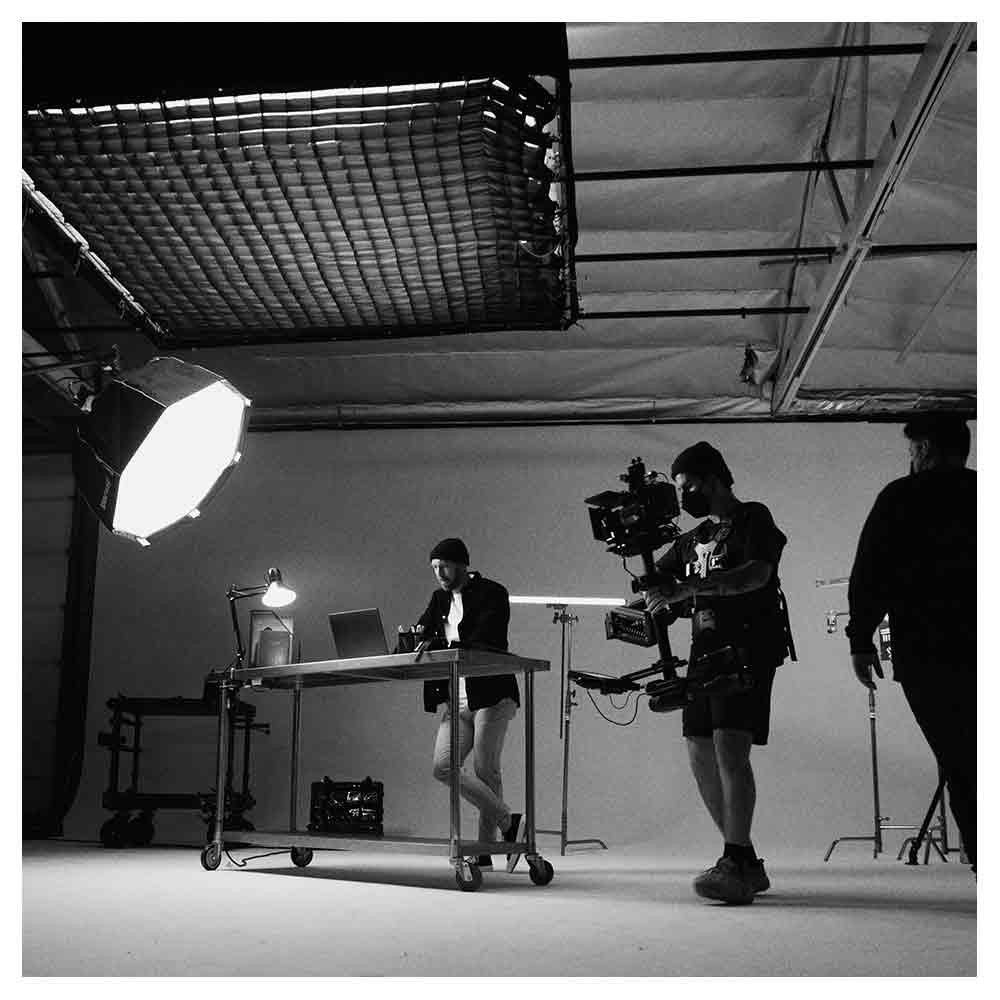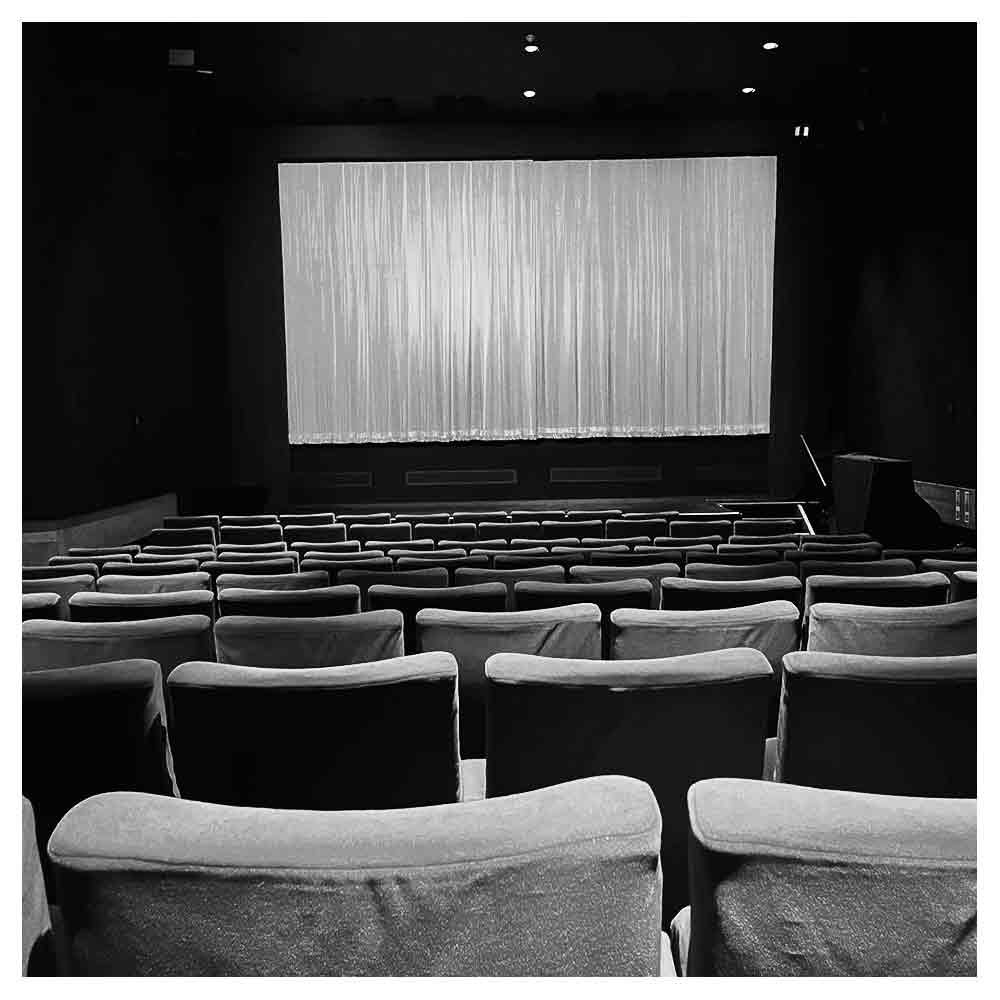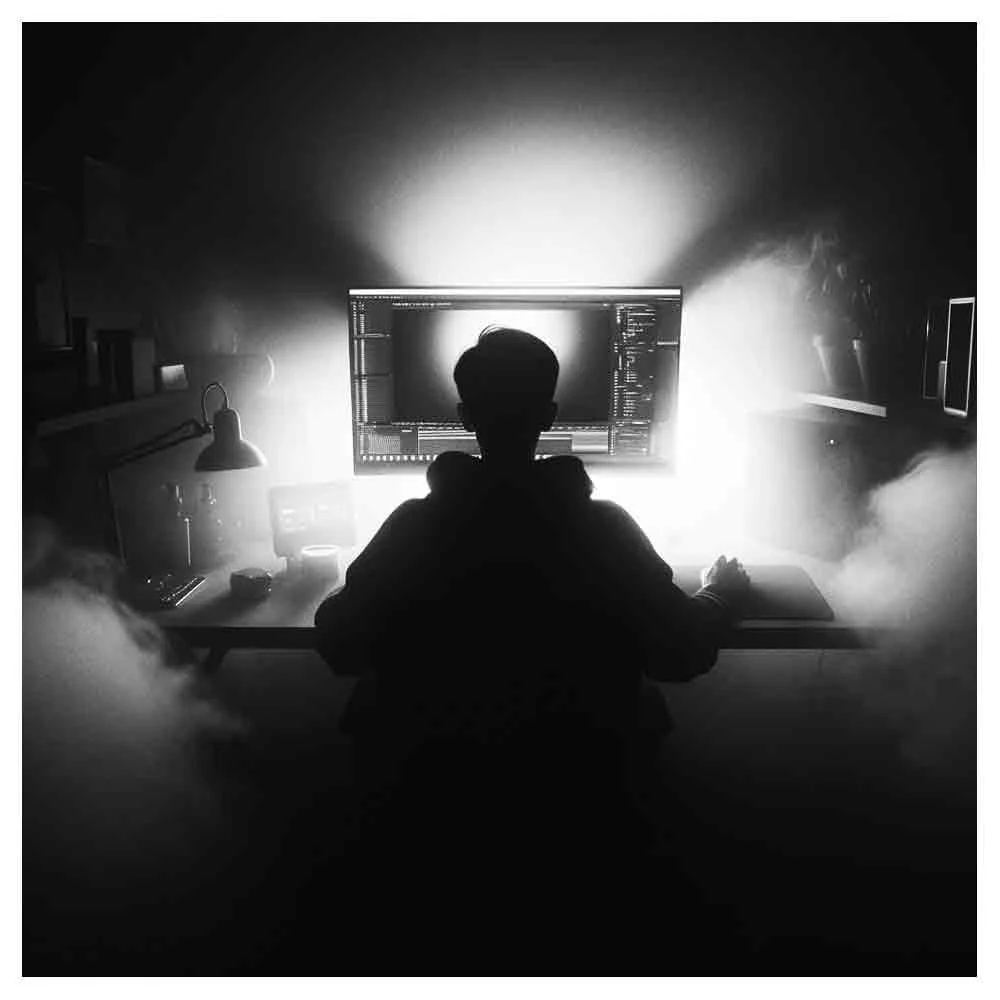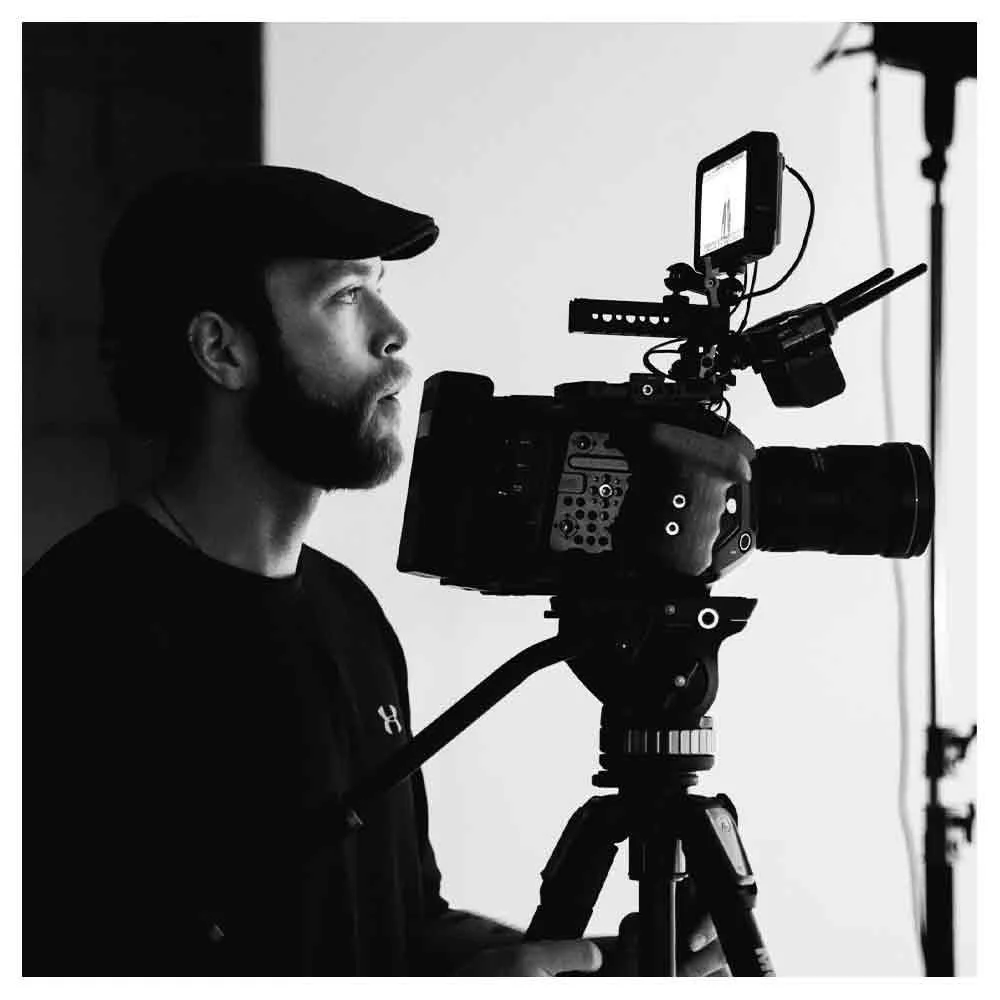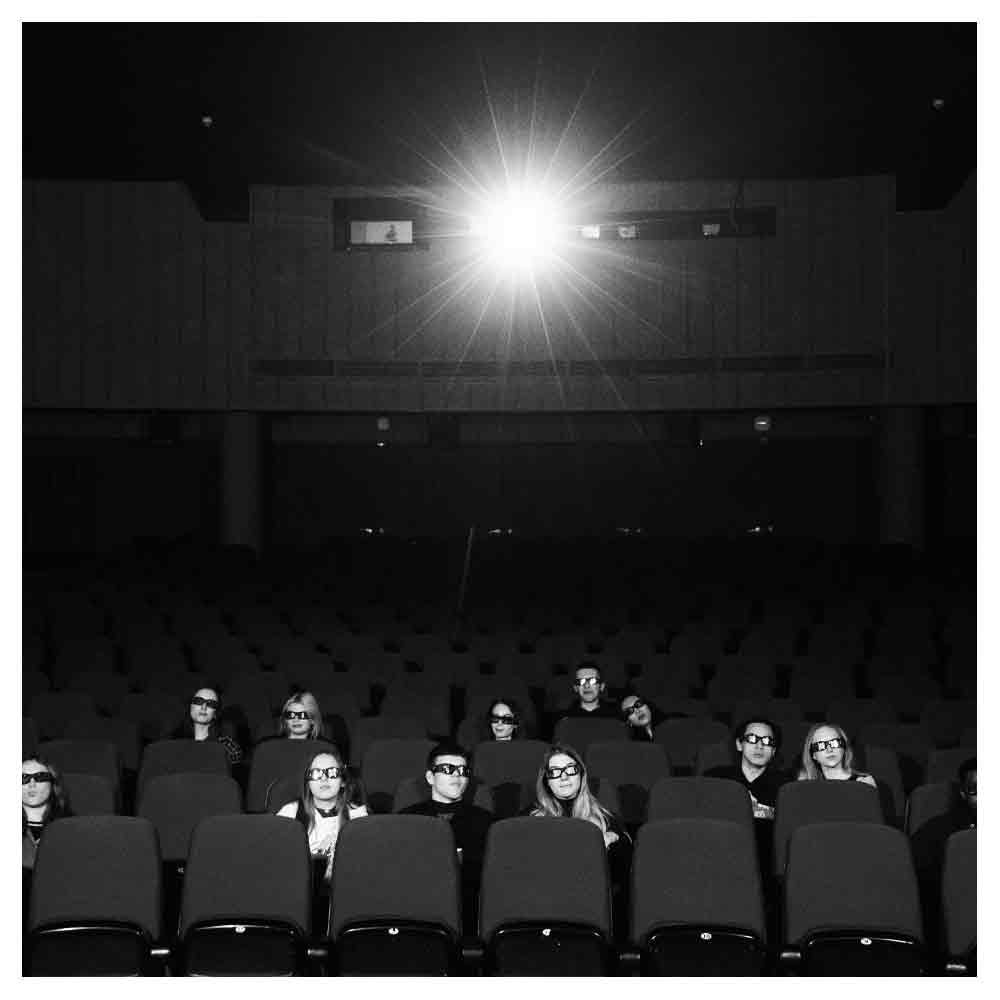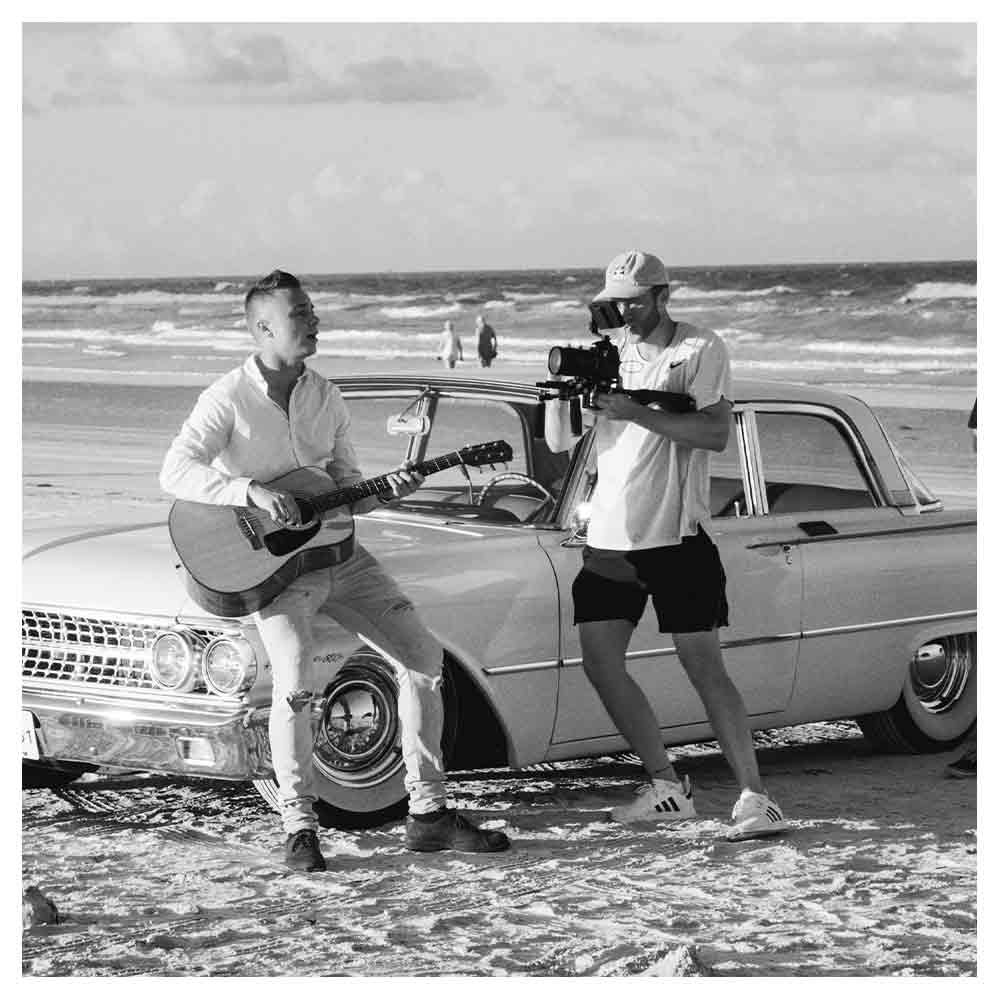How To Become A Freelance Filmmaker: Your Ultimate Guide
You're a passionate, creative person with an eye for stories and a heart full of vision. You're eager to leave your mark in the world of film, and the idea of being your own boss as a freelance filmmaker thrills you to your core. If that sounds about right, then you're in the right place.
Being a freelance filmmaker offers a fantastic degree of freedom and creativity, but it also involves a diverse set of responsibilities.
Whether you aim to produce riveting short films, visually dynamic music videos, compelling corporate videos, or meaningful documentaries, this guide will help you navigate your freelance career.
Understanding the Freelance Filmmaker's Role
A freelance filmmaker, just like filmmakers in a film production company, is involved in making a film.
You're involved personally in everything from scriptwriting to filming, from pre-production to post-production, and the final cut. You are the director, the cinematographer, and sometimes even the editor (unless you can afford to hire someone else).
In the early stages of your career, wearing many hats is common. This broad range of tasks demands a wide array of filmmaking skills. Many freelance filmmakers started their journey in film school, although this isn't a requirement.
If film school isn't an option, there are plenty of other ways to learn the craft - from online courses to learning directly on sets as a production assistant.
Developing Your Skills
Filmmaking is an art and a science. It demands technical prowess and a creative vision. Here are some areas to focus on:
Film Production: Understand the complete film production process, from scripting to editing.
Camera Work: Master the art of capturing footage. This could involve learning about various types of cameras, understanding lighting, and perfecting shot composition.
Editing: Learn to piece together your footage into a coherent and impactful narrative. Tools such as Adobe Premiere Pro or DaVinci Resolve can help you here.
Visual Storytelling: Storytelling is at the heart of any film. Develop your ability to communicate narratives visually.
Remember that practice makes perfect. Create as many projects as possible, from short films to music videos and even corporate videos for local businesses.
These projects not only help you to hone your skills but also help to build a portfolio that you can showcase to potential clients.
Creating Your Brand
As a freelance filmmaker, you are your brand. You need to create a professional identity that communicates your unique creative vision.
A portfolio website is a must, showcasing examples of your best work. Use social media to promote your projects, reach potential clients, and network with other filmmakers.
You might also want to specialize in specific video content, such as music videos or documentaries, which can help you stand out from other freelance filmmakers.
Building Your Business
Finding clients is a crucial part of building your freelance career. Start locally – offer your services to local businesses, musicians, or non-profit organizations.
You might have to work at a reduced rate or even for free initially. However, this pays off as you build a client base, a portfolio, and a reputation.
Consider offering a range of services - not only does this broaden your potential client base, but it also diversifies your income.
For example, you could provide services in filming events, making commercials, or producing video content for social media.
Overcoming Challenges
Every freelance filmmaker will face challenges, from finding clients to managing finances and dealing with the competitive nature of the industry. It's a journey of constant learning and hard work, but you can undoubtedly make a name for yourself with perseverance and passion.
In Summary
Becoming a freelance filmmaker is no walk in the park. It involves a lot of hard work, persistence, and a constant desire to improve. However, it can also be an extremely rewarding career, offering creative freedom, versatility, and the opportunity to tell stories that can make a difference.
By honing your skills, creating a solid brand, and diligently building your business, you'll be well on your way to becoming a successful freelance filmmaker. It's a beautiful journey, one frame at a time.
Frequently Asked Questions about Freelance Filmmaking
What exactly does a freelance filmmaker do?
A freelance filmmaker oversees the entire film creation process. From pre-production (conceptualization, scriptwriting, planning) to production (directing, shooting, recording) and post-production (editing, color grading), a freelance filmmaker is involved in every step. They might create short films, music videos, corporate videos, commercials, and other content based on their clients' needs.
What skills do I need to become a freelance filmmaker?
Here's a short list of essential skills:
Technical Skills: Familiarity with cameras, lighting, sound recording equipment, and editing software (like Adobe Premiere Pro or DaVinci Resolve).
Storytelling Skills: Ability to convey a story or message visually.
People Skills: Ability to work with diverse teams, actors, and clients.
Business and Marketing Skills: Knowledge of attracting clients, managing finances, and effectively promoting your work.
Do I need a degree in film school to become a freelance filmmaker?
A degree from a film school can offer valuable technical training and industry connections. However, many successful freelance filmmakers are self-taught or have learned through experience.
What truly matters is your passion, creativity, dedication, and willingness to learn and improve continually.
How do I find clients as a freelance filmmaker?
Start locally by contacting businesses, artists, non-profit organizations, or individuals who might need video content.
You can also network offline and through social media platforms with other filmmakers and industry professionals. Participating in film festivals and joining online filmmaking communities can also open opportunities.
How much do freelance filmmakers earn?
The earnings of a freelance filmmaker can vary widely based on many factors: your experience level, your location, the type of project, and the client's budget.
Some filmmakers charge a day rate, while others may price based on the project's complexity. It's vital to understand the market rates and value your work appropriately.
How do I build a portfolio as a freelance filmmaker?
Begin by working on personal projects or offering your services at a reduced rate to gain experience and footage for your portfolio.
This could be short films, music videos, corporate videos – anything that showcases your skills and creativity. As you work on more projects and gain more experience, you can continually update your portfolio with your best work.
How important is networking in a freelance filmmaking career?
Networking is crucial in the freelance world, especially in filmmaking. Building relationships can lead to new opportunities, collaborations, and learning from others' experiences.
Attend industry events, film festivals, join online communities, and utilize social media platforms to connect with other filmmakers, industry professionals, and potential clients.
What equipment do I need to start as a freelance filmmaker?
The equipment you need will depend on your projects, but typically, a basic filmmaking kit would include a good-quality camera, lenses, a tripod, a microphone, and lighting equipment.
Additionally, you'll need editing software for post-production. Remember, investing money in the best equipment you can afford is essential, but your skills and creativity will truly set you apart.
Is there a typical career path for freelance filmmakers?
There isn't a 'typical' path. Some freelance filmmakers might start working in a production company, gaining skills and experience before venturing independently. Others might dive straight into freelance work after film school or self-study.
Some filmmakers focus solely on directing or editing, while others are jacks of all trades. The beauty of a freelance career is that it can be tailored to your skills, interests, and lifestyle.
How do I keep improving as a freelance filmmaker?
Never stop learning! The film industry is constantly evolving, and so should your skills. Attend workshops, enroll in online courses, read up on the latest techniques and trends, and always seek feedback on your work.
Also, remember that every project, every client, and every challenge you face is an opportunity to learn and grow.
Becoming a successful freelance filmmaker involves hard work, patience, and persistence. However, the reward of seeing your own ideas and creative vision come to life and impacting others through your stories is genuinely worth it.
Good luck on your filmmaking journey!

